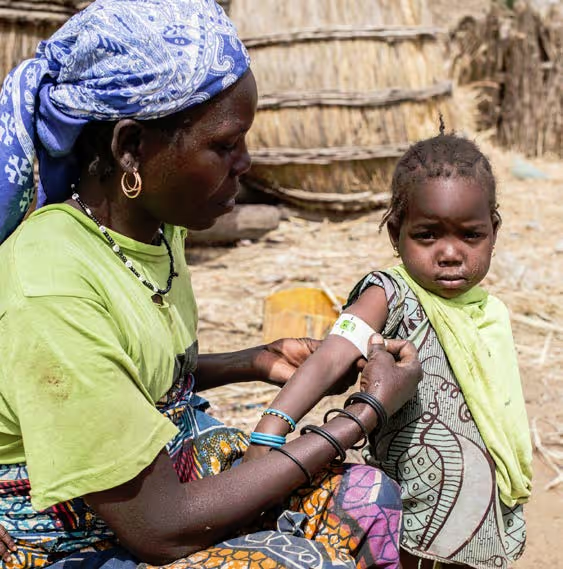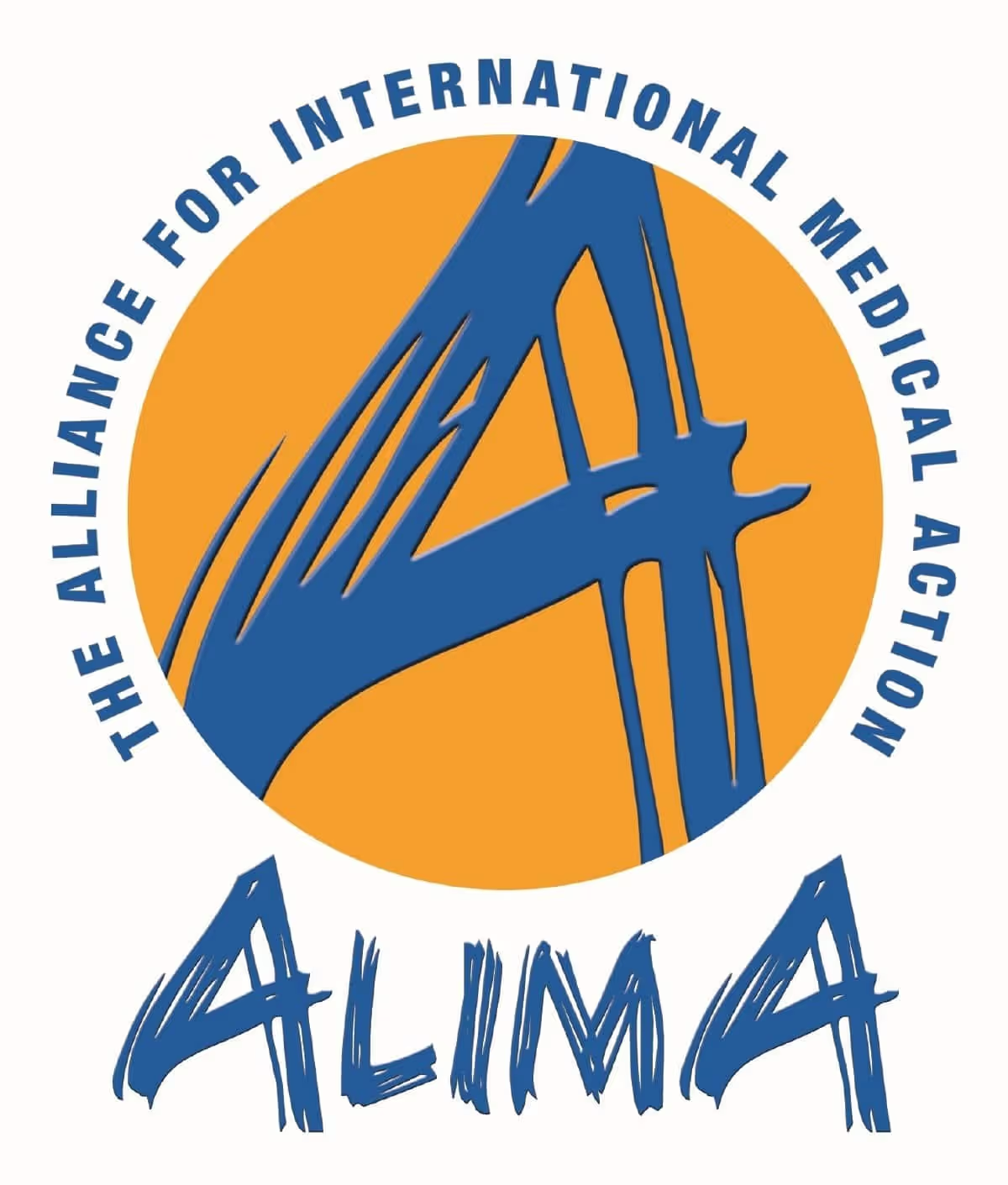Simplified and optimised management of acute malnutrition in children aged 6 to 59 months: OptiMA-Niger, a community-based clinical randomized controlled trial in the Mirriah district in Niger

Project overview
This randomised trial adds to the evidence base to strengthen the response to malnutrition in emergencies, demonstrating that two alternative simplified protocols for treating malnutrition show promise for continued use in humanitarian settings.
Countries
Niger
Organisations
Alliance for International Medical Action (ALIMA)
Partners
INSERM, France, Haut Commissariat a L’Initiative les Nigeriens Nourissent les Nigeriens (HC3N), Niger, Bien Etre de la Femme et de l’Enfant au Niger, (BEFEN).
Area of funding
Humanitarian Research
Grant amount
£606,424
Start date
01
September
2019
End date
30
June
2024
Project length (in months)
41
Funding calls
Focus areas
Topics
Nutrition
Status
Closed
Project solution
This project offers [specific solution or intervention] to tackle [challenge]. By implementing [strategies, tools, or innovations], the project aims to achieve [desired outcomes]. The approach is designed to [specific actions or methods] to bring about meaningful change in [community, region, or issue area].
Expected outcomes
This project aims to achieve [specific outcomes], such as [measurable results, improvements, or changes]. The expected impact includes [benefits to the target community, advancements in research or innovation, or long-term effects]. By the end of the project, we anticipate [specific changes or milestones] that will contribute to [broader goals or objectives].
Principal Investigator: Susan Shepherd, ALIMA & Renaud Becquet, INSERM
Research Snapshot: Simplifying treatment for malnutrition in humanitarian crises
This randomised trial adds to the evidence base to strengthen the response to malnutrition in emergencies, demonstrating that two alternative simplified protocols for treating malnutrition show promise for continued use in humanitarian settings.
[.cta_link]View Snapshot[.cta_link]
What did the study set out to achieve?
Acute malnutrition is a significant threat to child survival in Sub Saharan Africa. Children with severe and moderate acute malnutrition are currently treated separately, using different protocols and nutritional products, which is complex and costly. The two ‘simplified / combined’ protocols address this by using only mid-upper arm circumference (MUAC) or oedema for admission and discharge with one treatment product (RUTF) – at reduced dosage as a child’s condition improves. However, more evidence is needed to inform decision-making on these strategies.
Children aged 6 months to <5 years, identified as malnourished by MUAC/oedema, were randomly assigned to one of three groups: OptiMA, ComPAS, and standard Nigerien treatment (control), and monitored for 6 months. The primary outcome looked at children successfully treated (alive/without relapse). Secondary outcomes focused on recovery rates of severely malnourished children.
What were the key findings?
This randomised trial showed that the simplified protocols did not harm the children or affect their weight gain compared with the standard protocol - while using less ready to use therapeutic food (RUTF), suggesting cost savings. ComPAS appears to be the best balance of cost, effectiveness, and resource use, especially under limited budgets. Importantly, reduced RUTF dosages did not appear to slow growth among the most severely malnourished. The evidence on simplified approaches is now being used to inform scale-up in sub-Saharan Africa, and policy guidelines for humanitarian response.
- Both new treatments (ComPAS and OptiMA) worked as well as the standard treatment when looking at all 1732 children for the primary outcome (the "intention to treat" group). However, when looking only at children treated exactly as planned (the "per protocol" group), only ComPAS matched the standard treatment's success.
- On the secondary outcome (1440 most severely malnourished children) neither ComPAS nor OptiMA matched the standard treatment in ensuring recovery. However, children who nearly recovered (but only met recovery criteria for one week) were similar across all treatments.
- Children's growth over six months was similar for ComPAS but slower for OptiMA.
- ComPAS used 37% less food (RUTF) compared to the standard treatment. OptiMA used 15% less for the primary outcome and 32% less for the secondary outcome. Overall, OptiMA was more expensive and less effective than ComPAS; while using the standard treatment instead of ComPAS would cost an extra $760 per additional recovery.
What does this mean for policymakers and practitioners?
ComPAS appears to be the best balance of cost, effectiveness, and resource use, especially under limited budgets.
Based on this evidence, in collaboration with the Directorate of Nutrition in the Niger Ministry of Health ALIMA is working to scale-up simplified approaches in Niger, and this could be considered in similar settings.
Policymakers addressing malnutrition in conflict-affected and humanitarian settings particularly in sub-Saharan Africa are now considering the evidence on both OptiMA and ComPAS to inform policies guiding humanitarian response, including recently revised WHO guidelines.
No items found.
Project delivery & updates
Stay up to date with the latest developments from this project. Here, you will find details on what has been delivered, resources created, and regular updates as the project progresses. Access key documents, reports, and other materials to see how the project is making an impact.
No resources/updates have been published yet for this project. Sign up for our newsletter to stay informed about upcoming publications and updates!
Join our Newsletter
Resources
Optimising management of uncomplicated acute malnutrition in children in rural Niger: a 3-arm individually randomised, controlled, noninferiority trial
Journal article
LEARN MORESimplifying and optimising management of acute malnutrition in children aged 6 to 59 months: study protocol for a 3 arms community-based individually randomised controlled trial in decentralised Niger
Journal article
LEARN MORELatest updates
No items found.







